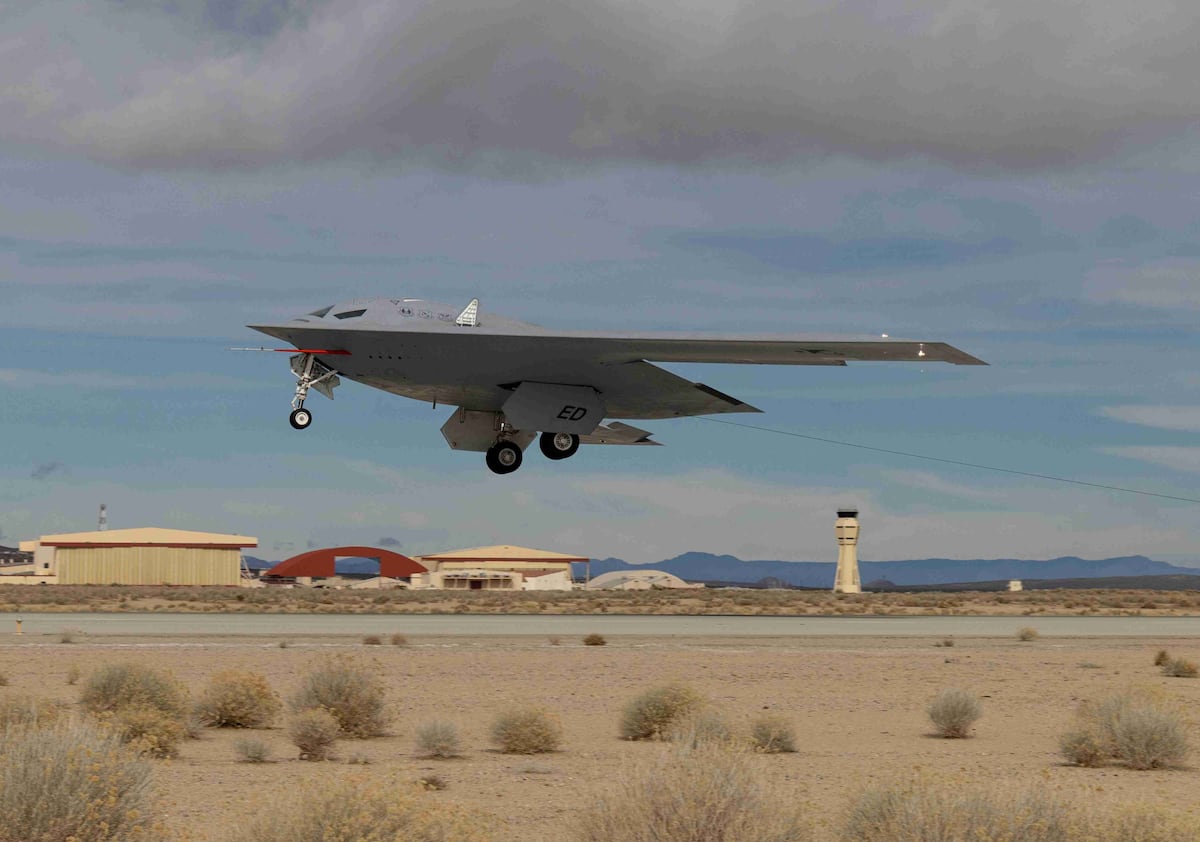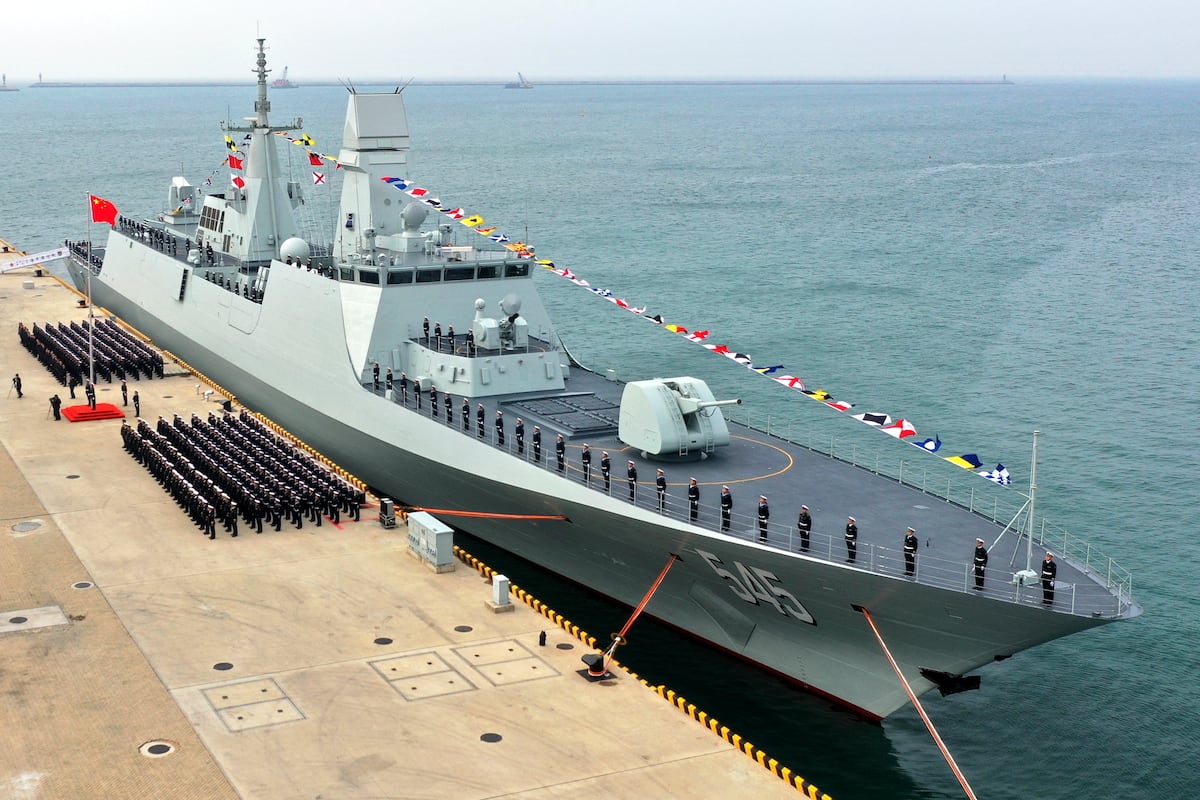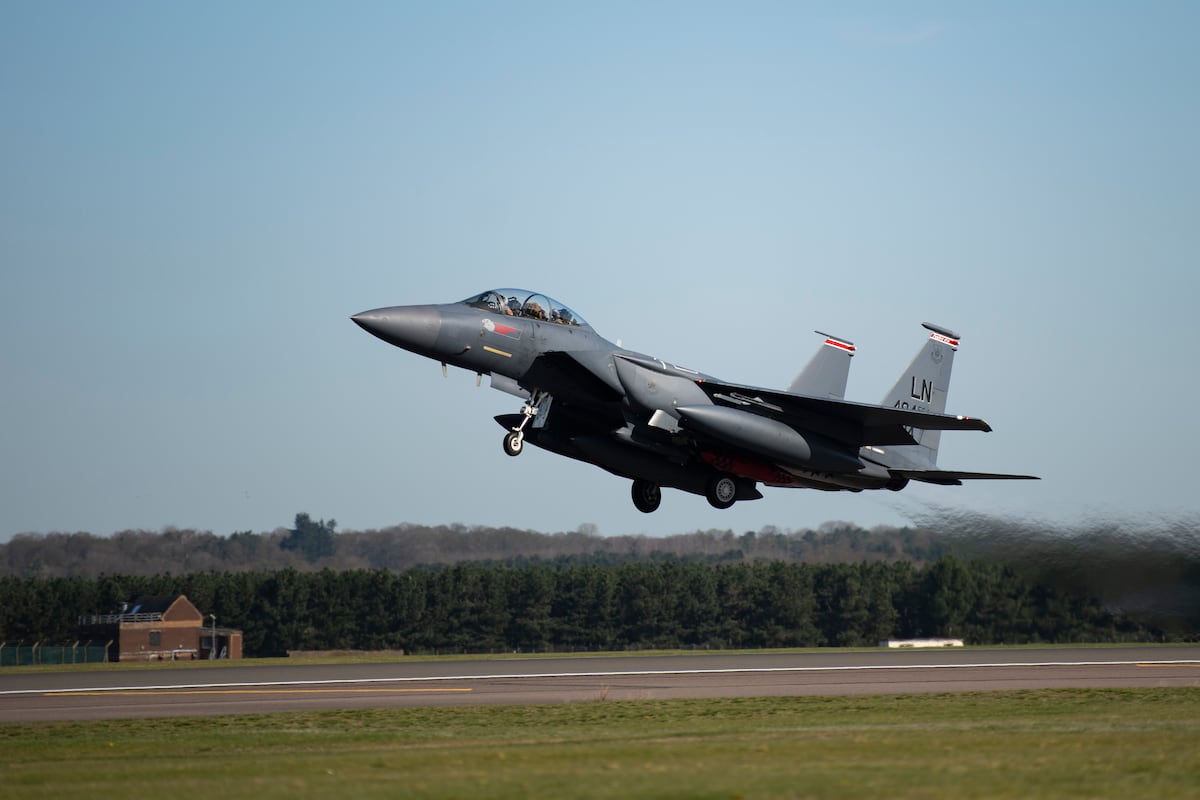The upcoming B-21 Raider stealth bomber could end up having a larger role in the Air Force’s plans for future air dominance, as the service rethinks its plans for an advanced sixth-generation fighter.
“We have not taken that off the table,” Air Force Chief of Staff Gen. David Allvin said at the Military Reporters and Editors conference Friday when asked if the service’s review of its superiority approach could lead to a more prominent place for the Northrop Grumman-made B-21.
The Air Force has for years been working on a concept called Next Generation Air Dominance — a family of systems that would include a sixth-generation fighter to replace the F-22 Raptor and autonomous drone wingmen — and originally expected to award a contract for it in 2024.
This summer, the Air Force put NGAD on hold over its steep expected price tag. NGAD, as originally envisioned, could cost three times as much as an F-35, or perhaps up to $300 million apiece, said Air Force Secretary Frank Kendall.
The Air Force then began a revamp of its NGAD design and future air superiority concept to figure out a way to more affordably counter a major adversary such as China.
But while the Air Force is open to a more B-21-centric air dominance plan, the service isn’t about to make any changes to its acquisition plans for the stealth bomber. Allvin said the Air Force is, for now at least, sticking to its plan to buy at least 100 B-21s.
Northrop Grumman has touted the B-21 as the first sixth-generation aircraft, pointing to its advanced stealth and data-sharing capabilities and use of open systems architecture. The first B-21 began flight testing in November 2023 at Edwards Air Force Base in California and has continued since then.
As the B-21′s testing regimen progresses, Allvin hopes the Air Force will better understand what the bomber is capable of and gain more confidence in its abilities.
Allvin praised the way the B-21 program has been run so far, which could help the Air Force figure out how many bombers it will be able to buy.
“The usual price ballooning, we haven’t seen, and there’s reason to believe that may not occur,” Allvin said.
Northrop Grumman expects to receive its next low-rate production contract for the B-21 by the end of the year, chief executive Kathy Warden said in an Oct. 24 earnings call.
Stephen Losey is the air warfare reporter for Defense News. He previously covered leadership and personnel issues at Air Force Times, and the Pentagon, special operations and air warfare at Military.com. He has traveled to the Middle East to cover U.S. Air Force operations.
Read the full article here








Leave a Reply